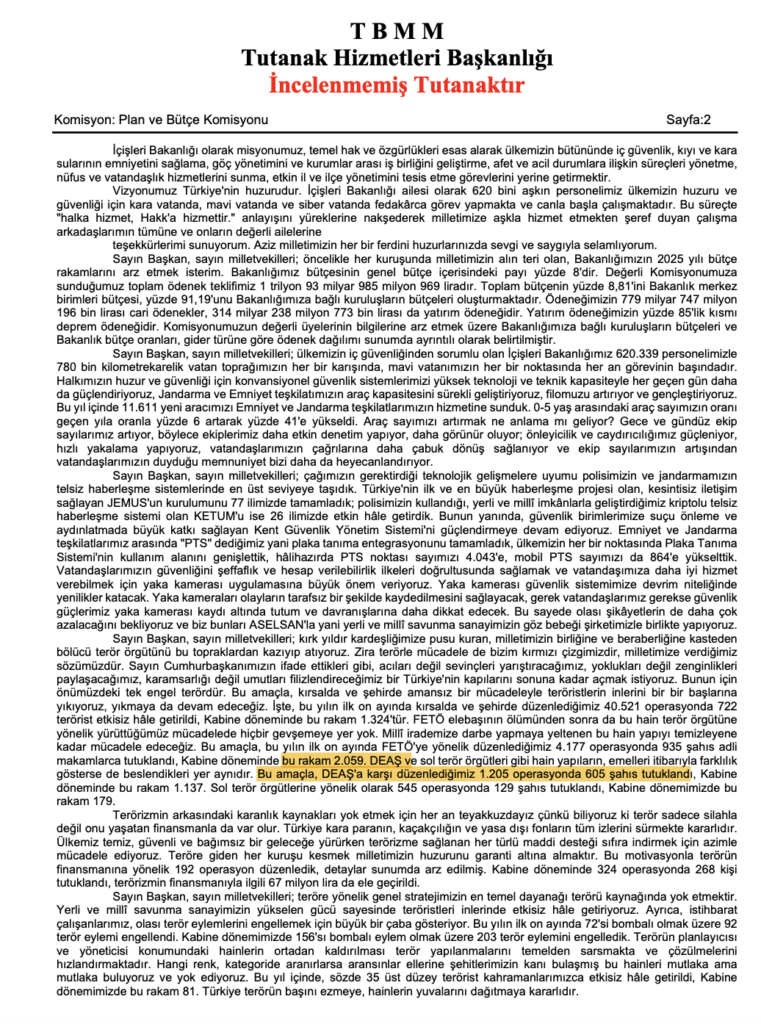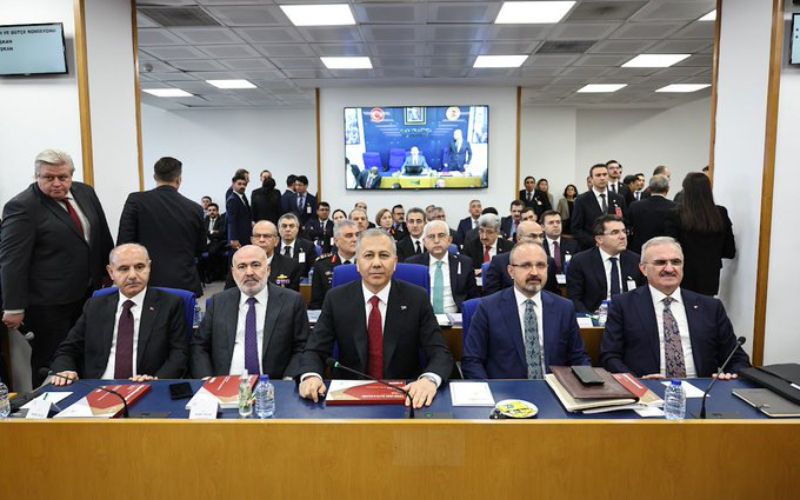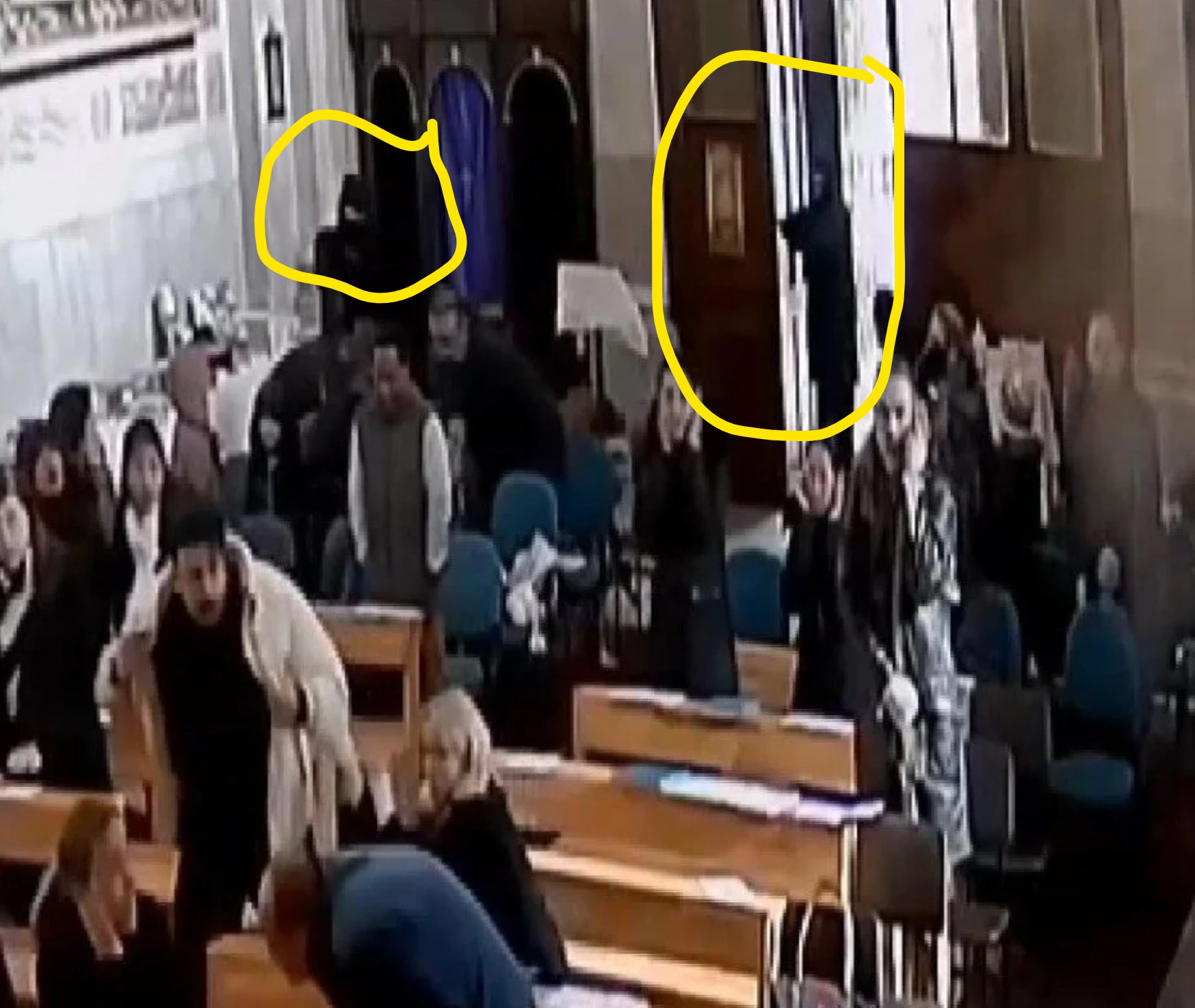Levent Kenez/Stockholm
Turkey’s approach to handling Islamic State in Iraq and Syria (ISIS) suspects continues to raise concerns as recent figures shared by Interior Minister Ali Yerlikaya appear to highlight a pattern of leniency in dealing with members of the terrorist group.
During a parliamentary briefing on Nov. 20, Yerlikaya shared updated statistics about counterterrorism operations targeting ISIS. Between Jan. 1 and Nov. 1, Turkish law enforcement conducted 1,205 operations, resulting in the detention of 2,897 individuals. Of these, only 655 were formally arrested, while judicial control measures were imposed on 566 suspects. The remaining detainees were released without any significant restrictions.
This means that nearly three-quarters of the detained suspects avoided pretrial incarceration — a figure consistent with Turkey’s past record of releasing most ISIS-linked detainees after minimal processing. The data have led critics to accuse the government of pursuing a “revolving door” policy, wherein suspects are swiftly released after brief detentions.
The latest numbers reflect a continuation of Turkey’s longstanding reluctance to take decisive action against jihadist networks. Interior Minister Yerlikaya’s briefing notably lacked any mention of conviction rates or the number of ISIS members currently serving sentences in Turkish prisons. This absence of transparency has become a hallmark of Turkey’s counterterrorism policy, with the government withholding data on convictions and prison populations under the pretext of national security concerns.
The last official disclosure of ISIS-related incarceration figures came in 2020 when then-Justice Minister Abdülhamit Gül stated that as of December 16, 2019, 1,195 ISIS suspects were either arrested, convicted or still being tried as suspects, including 791 foreign nationals. However, the breakdown of those serving sentences and those awaiting trial or appeal was never provided. Analysts have long suspected that many ISIS suspects are acquitted or have their convictions overturned, contributing to a minimal number of active incarcerations.
In the absence of clear data, opposition lawmakers have repeatedly questioned the government about the status of ISIS-related convictions and arrests. Despite legal obligations to respond to these inquiries within two weeks, the government of President Recep Tayyip Erdogan has remained evasive, further deepening skepticism about its commitment to combating ISIS.
The minutes of Interior Minister Ali Yerlikaya’s presentation in parliament. During his speech, the minister gave an incorrect figure when stating the number of detained ISIS members, citing 605 instead of the actual 655:
 Notably, the Interior Ministry, which used to publish monthly statistics on counterterrorism detainees, ceased sharing this information as of Jan. 1, 2019, without explanation. Similarly, there has been no update on the number of foreign detainees or arrestees in Turkish prisons since that time, further obscuring transparency in the country’s handling of terrorism-related cases.
Notably, the Interior Ministry, which used to publish monthly statistics on counterterrorism detainees, ceased sharing this information as of Jan. 1, 2019, without explanation. Similarly, there has been no update on the number of foreign detainees or arrestees in Turkish prisons since that time, further obscuring transparency in the country’s handling of terrorism-related cases.
Turkey’s leniency toward ISIS militants has also raised international alarm. Former Interior Minister Süleyman Soylu disclosed in February 2023 that Turkey had repatriated 1,126 European-origin ISIS members to their home countries over the previous five years. Several ISIS operatives involved in terrorist attacks in Europe were found to have either lived in Turkey or transited through its territory, highlighting Turkey’s role as a critical node in the movement of jihadist fighters.
An article by Nordic Monitor revealed that the Islamic State-Khorasan Province (ISIS-K) used Turkey as a transit hub for fighters, logistics and reconnaissance prior to an attempted attack on the Church of Santa Maria (Meryem Ana Doğuş Kilisesi) in Istanbul’s Sarıyer district on Jan. 28, 2024. This account is corroborated by reports from the United Nations, the FBI and Turkish judicial documents. According to confidential information, French intelligence alerted Turkish authorities two months before the ISIS attack; however, Turkish officials dismissed the warning as disinformation, claiming it was part of a campaign to undermine them. The intelligence was passed to Turkey’s Directorate for General Security (Emniyet) through a French liaison officer stationed at their embassy in Ankara, at a time when several Western embassies and consulates in Istanbul and Ankara had temporarily closed due to security threats.

Turkey has systematically allowed foreign terrorist fighters (FTFs) to travel freely to countries where they hold citizenship or residency, rather than prosecuting them for alleged crimes. A policy initiated in 2018 under President Erdogan mandated that the Migration Management Authority (Göç İdaresi Başkanlığı), part of the Interior Ministry, remove FTFs from Turkey either forcibly or voluntarily.
This policy, which remains in effect, has facilitated the transit of thousands of FTFs, particularly to Syria and Iraq, where many have joined terrorist groups like al-Qaeda, ISIS and their affiliates. While the Turkish government has not officially disclosed the specifics of this policy, substantial evidence points to its active enforcement under Erdogan’s government.

The process begins when Turkish authorities classify an individual as an FTF based on intelligence reports. If the person has not committed crimes in Turkey and does not face pending legal or financial penalties, they are transferred to repatriation or removal centers (Geri Gönderme Merkezleri, GGMs) managed by migration agency staff. From there, these individuals are sent out of Turkey, enabling their continued involvement in jihadist activities abroad.












